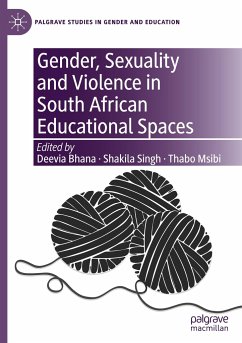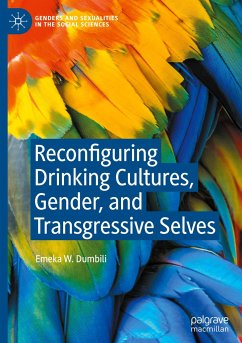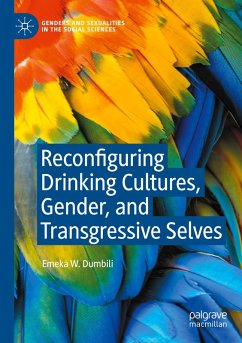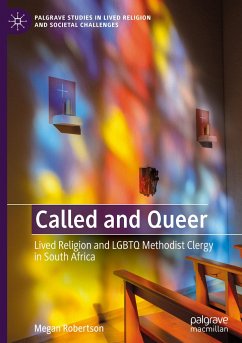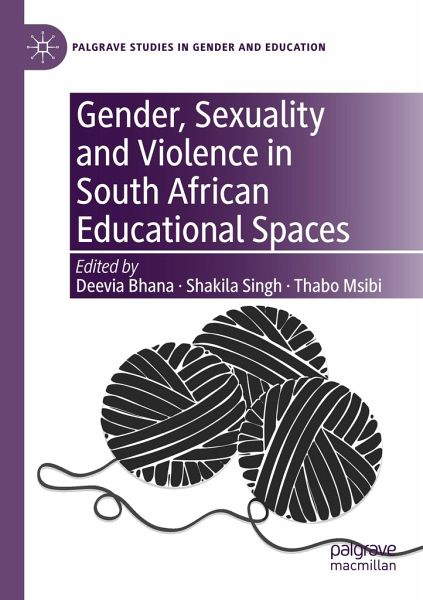
Gender, Sexuality and Violence in South African Educational Spaces
Versandkostenfrei!
Versandfertig in 6-10 Tagen
160,49 €
inkl. MwSt.

PAYBACK Punkte
0 °P sammeln!
The book focuses on the ways in which gendered and sexualised systems of power are produced in educational settings that are framed by broader social and cultural processes, both of which shape and are shaped by children and young people as they interact with each other. All these nuanced features of gender and sexuality are vital if we are to understand inequalities and violence, and fundamental to our three-ply yarn approach in this book. Focusing on the South African context, but with international relevance, the authors adopt the metaphor of the three-ply yarn (Jordan-Young, 2010): these b...
The book focuses on the ways in which gendered and sexualised systems of power are produced in educational settings that are framed by broader social and cultural processes, both of which shape and are shaped by children and young people as they interact with each other. All these nuanced features of gender and sexuality are vital if we are to understand inequalities and violence, and fundamental to our three-ply yarn approach in this book. Focusing on the South African context, but with international relevance, the authors adopt the metaphor of the three-ply yarn (Jordan-Young, 2010): these being the cross-cutting themes of gender, sexuality and violence. Subsequently, the book illustrates the intimate ties that bind gender and sexuality with the social and cultural dimensions of violence, as experienced in educational settings.





